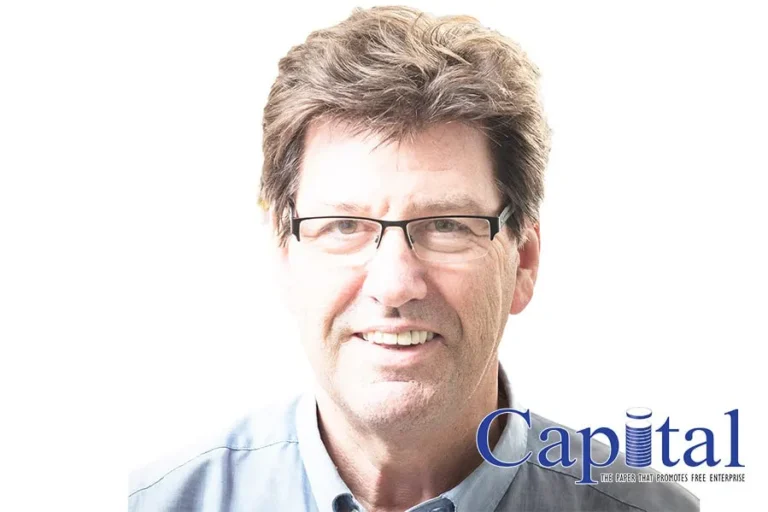One thing I have learnt over the years is that you cannot go it alone. I have never been able to manage projects or programmes without the support and input of others. By others I don’t only mean workers or staff. No, I refer also to people who in one way or the other have advised me how to go about things. Often this advice was provided in an informal way, out of office and working hours. And most of the time by people who cared about me or about the activities I was engaged in. Many times, I have also hired professionals for a short period of time to advise me on specific issues I was dealing with. I have hired consultants to evaluate programmes, to facilitate a strategic planning process, to carry out an audit, etc. I have had good experiences and I have had bad experiences. Sometimes it clicks and sometimes it doesn’t. Sometimes the informal advisor is more effective than the hired consultant. What is it that makes the difference? Consultancy services have developed into an industry, also here in Ethiopia. Consultants are hired all the time and paid for their services; it is a business. Clients who buy a service expect and deserve quality; after all they pay for it. Some consultants are hired repeatedly by the same organizations or business; others are hired one time only and need to look for another client again. So, what is it that makes the difference between a good and a mediocre consultant?
Let us look at it from the perspective of the client, a managing director of an organization or business for instance, who is looking for advice as to what needs improvement in the management and how to go about it. Often though it may not be the initiative of the company but a requirement of a third party like a donor organization, the board, the authorities, that a consultant is hired for a certain task. In any case, the client, our managing director may develop some of the following feelings:
- Not being sure whether the consultant who is hired is the best choice.
- Emotionally uncomfortable to sensitive issues in the hands of somebody else.
- A feeling of losing control.
- Worried. Suggestions for improvement imply that things haven’t been managed well.
- Exposed, some personal information will be revealed.
- Concerned that the consultant will not understand the specific circumstances.
- Suspicious, that the consultant will not deliver, loose interest and focus more on other clients.
These are serious emotions and if some of these fears come through, it is no wonder that the consultant’s advice will not be heard, that the report will be shelved, that the client will be defensive and reject the advice. These emotions need to be appreciated and dealt with in an effective way, so that the services will indeed lead to welcome advice. A relationship needs to be built, a relationship between client and consultant.
An effective relationship between client and consultant is one in which there is a reasonable degree of contact at both emotional and task level. There are three basic issues here, which need to be managed for the relationship to be effective:
1. Level of anxiety. When the level of anxiety is very high or very low, the client will find it difficult to accept any new information or advice from the consultant. At medium level the client will find it easier to change or accept new information.
2. Level of trust. Trust refers to the extent to which a client is willing to be vulnerable in relation to the consultant. To give trust usually means giving up control. Where trust is low the client will be reluctant to provide valid information and data.
3. Degree of credibility. Credibility is achieved through investing in the client and does not only depend on the knowledge and expertise of the consultant. Sometimes people with a great reputation have low credibility simply because they refer to a different value system than the client.
In order to manage these variables effectively, the levels of trust and credibility should increase, and the level of anxiety should decrease. In addition to this the consultant needs to build a relationship with the client on the task that is at hand.
Giving advice, being an effective consultant is therefore not easy, it is in fact complex material with a lot of psychology involved. There are skills involved that are not taught in formal education, but that are critical to success. Most important of these skills is for the consultant to get the client to trust him or her. Without that trust the consultancy assignment is doomed to fail from the start. Consultants need to be aware of the skills required to be effective and they need to work on developing these essential skills. Trust needs to be earned.
Ton Haverkort
ton.haverkort@gmail.com
PS. Suggested reading on this topic: “THE TRUSTED ADVISOR” by David Maister, Charles Green and Robert Galford.




